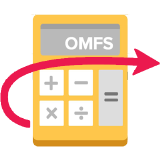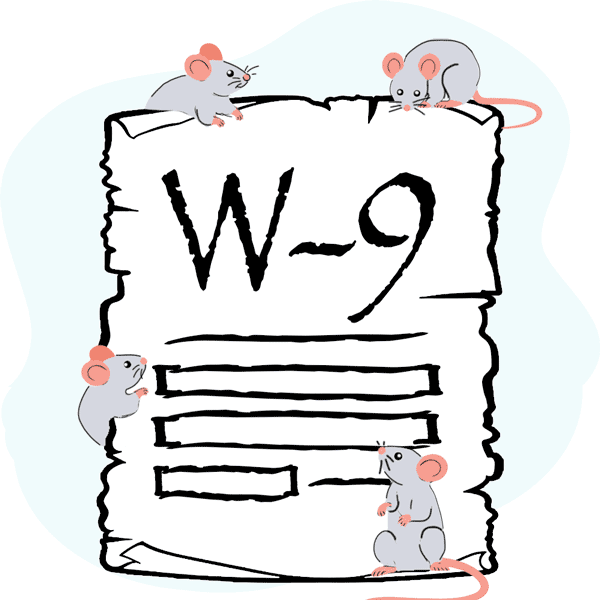CA Providers: Appeal Denials for Treatment Preceding Liability Decision

Recently, we pointed out that California employers are liable for treatment that precedes the claims administrator’s decision to accept or deny a workers’ comp claim. Before making this liability decision, the employer is always responsible for reimbursing medically appropriate treatment up to $10,000.
If the employer’s claims administrator denies a bill for treatment when the treatment was provided before the liability decision, the provider should appeal for full payment — even if liability is subsequently denied.
Liability Preceding the Liability Decision
As we explained in a previous post, California Labor Code Section 5402(c) mandates that the employer is liable for treatment from within a day of the claim filing (emphasis ours):
Within one working day after an employee files a claim form under Section 5401, the employer shall authorize the provision of all treatment, consistent with Section 5307.27, for the alleged injury and shall continue to provide the treatment until the date that liability for the claim is accepted or rejected. Until the date the claim is accepted or rejected, liability for medical treatment shall be limited to ten thousand dollars ($10,000).
We can’t stress enough: the employer may eventually deny liability for the injury, but the employer is responsible for payment of all treatment preceding that denial (within the $10,000 limit).
The LAW leaves a potentially significant window of time between the claim filing and the employer’s decision as to liability for the injury. As California Code of Regulations (CCR) Section 9812 states, the employer’s claims administrator has 14 days to accept or deny the claim. However, the claims administrator may delay the decision for up to 90 days.
The claims administrator must authorize medically appropriate treatment provided during the entire pre-decision time frame. If the claims administrator refuses to authorize medically appropriate treatment, the injured worker should submit an appeal for Independent Medical Review (IMR).
Subsequently, if the claims administrator denies a bill for authorized services rendered, the provider must insist on payment.
Appeal, Appeal, Appeal
When the claims administrator denies reimbursement for authorized services OR when a claims administrator denies an initial treatment bill, a provider has recourse:
-
Request second review. Providers have 90 days from receipt of the Explanation of Review (EOR) to request second review, using a modified original bill or DWC Form SBR-1 (we recommend the latter). Use the same delivery method as the original bill (ie paper or electronic). Include supporting documentation, as well as the following language:
The treatment billed was provided before the employer accepted or denied the claim. California Labor Code Section 5402(c) states that “the employer shall authorize the provision of all treatment, consistent with Section 5307.27, for the alleged injury and shall continue to provide the treatment until the date that liability for the claim is accepted or rejected,” up to $10,000.
- If the claims administrator does not remit full payment following second review, take it to the next level: file a lien with the Workers’ Compensation Appeals Board (WCAB).
As we explained in a previous post, disputes over the amount of payment should be resolved through Independent Bill Review (IBR) by Maximus Federal Services. A liability dispute, however, is a “threshold” issue regarding liability, not a payment dispute, and is therefore a matter for the WCAB.
When filing the lien, be sure to indicate the reason for the lien as mandated by Senate Bill 1160. From the 7 acceptable reasons defined in Labor Code 4903.05, choose “(E) Has documentation that medical treatment has been neglected or unreasonably refused to the employee as provided by Section 4600.”
Providers should never compromise when it comes to appropriate compensation for treating injured workers. The integrity of the workers’ comp system depends on it.
DaisyBill makes appeals for proper reimbursement easier. Our instant SBRs and tools for successful IBR make it so providers never have to settle for less than what they’re owed. Schedule a free demonstration today.
REQUEST DEMO
DaisyBill provides content as an insightful service to its readers and clients. It does not offer legal advice and cannot guarantee the accuracy or suitability of its content for a particular purpose.

.gif)

